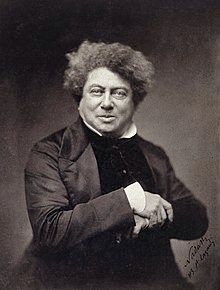1,779 reads
The Count of Monte Cristo, Illustrated: Chapter 39 - The Guests
by
August 15th, 2022
Audio Presented by

Many of my historical novels of high adventure were originally published as serials, including The Count of Monte Cristo
About Author
Many of my historical novels of high adventure were originally published as serials, including The Count of Monte Cristo
